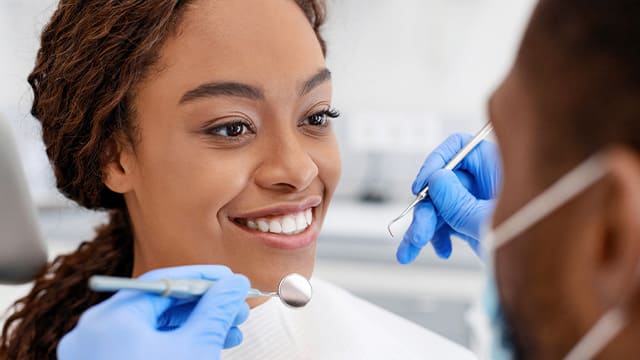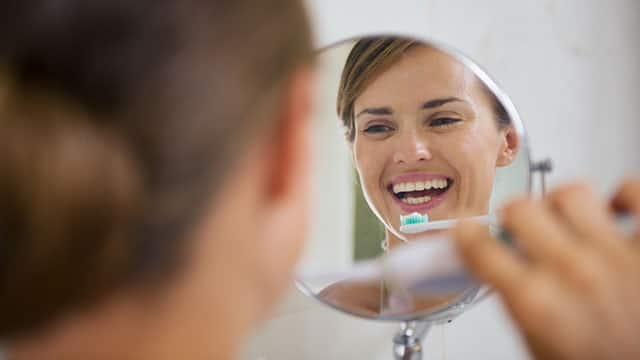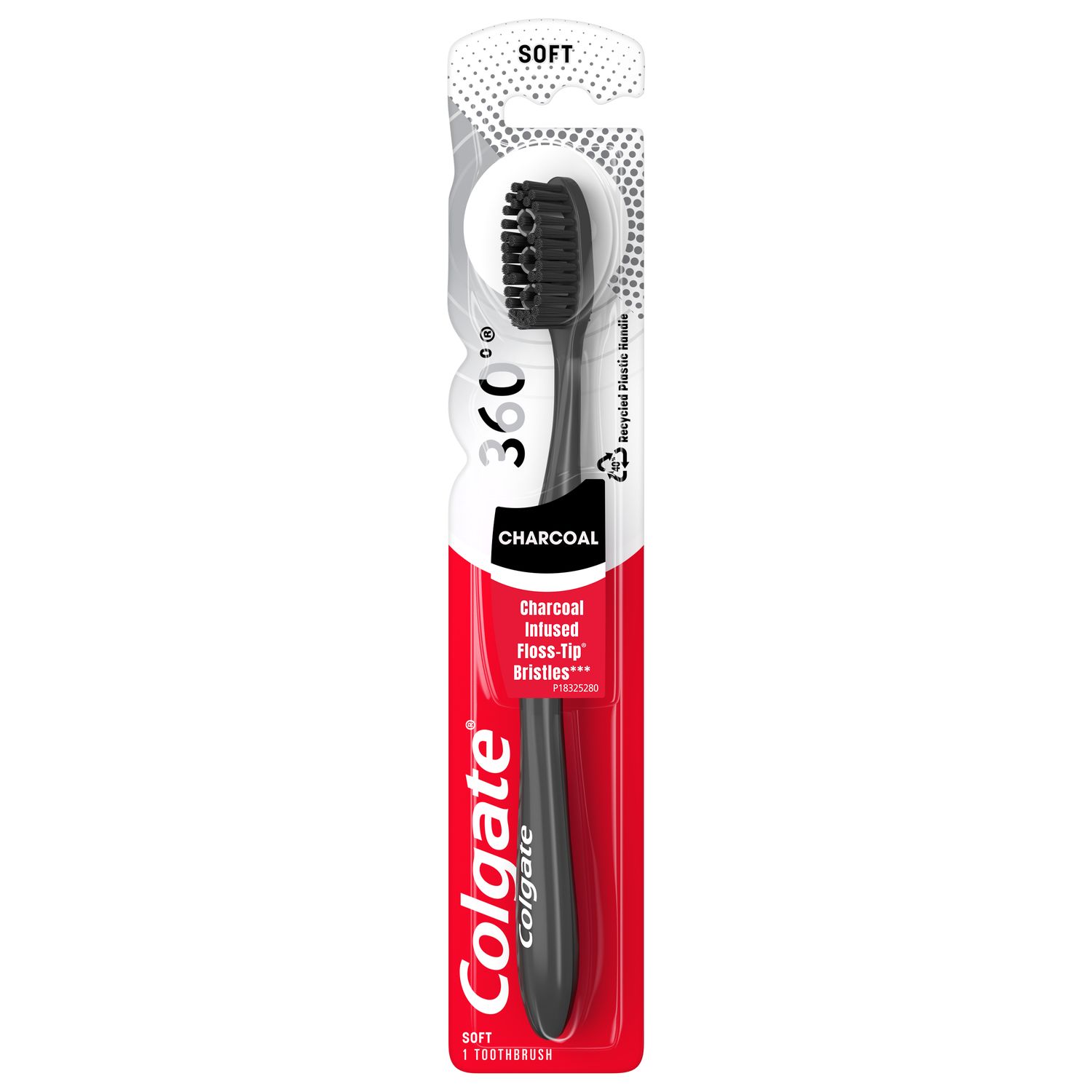What's the Deal with Plaque?
Plaque is a sticky film that covers your teeth. So why is plaque problematic? Plaque contains bacteria, which can release acids following a meal containing sugars. These acids attack tooth enamel. With repeated attacks, your enamel can break down, resulting in cavities, also known as dental caries.
When plaque builds up and isn't removed regularly by brushing, it eventually can harden into tartar. When tartar collects around your gum line, your gum tissue can become swollen. This is the early stage of gum disease.
How Do Plaque Disclosing Tablets Work?
If you're wondering whether you have a build-up of plaque, one way to test for it is by using plaque disclosing tablets. After chewing a tablet and rinsing your mouth, pink-stained areas will develop on your teeth. These are the areas that contain plaque in your mouth.
Some plaque disclosing solutions are two-tone, showing one shade for mature biofilm and another shade for newer biofilm. There are also three-tone plaque disclosing solutions available, which distinguish between new, old and acid-producing biofilm.
To Disclose or Not to Disclose?
Plaque disclosing tablets, mouthwashes, or solutions can help you determine if there are parts of your mouth that you aren't brushing enough.
They can also be handy if you're an orthodontic patient. During orthodontic treatments, like getting braces, you might have a more challenging time brushing your teeth. This was highlighted by a study in the Turkish Journal of Orthodontics. The participants in this study - all orthodontic patients - were divided into three groups: the first one was given conventional oral hygiene instructions, the second one was given plaque disclosing tablets in the dentist's office, while the third group experienced the same chairside demonstration and was also given at-home disclosing tablets. The study concluded that the self-application of disclosing tablets at home and repeated oral hygiene motivation can result in improved oral hygiene.
Another study in the International Journal of Clinical Pediatric Dentistry points out that dental plaque disclosing can be an effective strategy in infants to prevent early childhood caries (ECC).
Of course, the use of a plaque disclosing tablet or mouthwash needs to be accompanied by a thorough oral hygiene routine. You must brush twice a day and floss daily to keep biofilm at bay. And if plaque disclosing tablets do show that biofilm has built up on your teeth, or your oral hygiene efforts don’t seem to be helping, see your dentist or hygienist for a professional cleaning.
Prevention is often better than cure, and it's especially true in the case of plaque build-up. Plaque disclosing tablets can help you improve your oral hygiene routine and ensure that nothing causes your smile to waver!
Frequently Asked Questions About Plaque
What color is tooth plaque?
Tooth plaque is a white/colorless substance, so it can be difficult to see on your teeth. You might notice it more around the gum line and in the spaces between teeth.
Are plaque disclosing tablets safe?
Generally, plaque disclosing tablets are safe for most people, including children. However, you should always follow the instructions on the packaging, and younger children should be supervised to avoid swallowing. Check in with your dental professional first if you have any concerns.
Do dentists still use plaque disclosing tablets?
Your dental professional might use plaque disclosing tablets to help you see which areas of your mouth need extra attention during brushing.
How often should you use plaque disclosing tablets?
You can typically use plaque disclosing tablets as often as you like, provided that the instructions or your dental professional do not advise you otherwise.
Do you use plaque disclosing tablets before or after brushing?
Use plaque disclosing tablets after you’ve brushed your teeth. That way, you can get a good idea of any areas you tend to miss while brushing, and you’ll know to give those areas extra attention in the future.
This article is intended to promote understanding of and knowledge about general oral health topics. It is not intended to be a substitute for professional advice, diagnosis or treatment. Always seek the advice of your dentist or other qualified healthcare provider with any questions you may have regarding a medical condition or treatment.
ORAL HEALTH QUIZ
What's behind your smile?
Take our Oral Health assessment to get the most from your oral care routine
ORAL HEALTH QUIZ
What's behind your smile?
Take our Oral Health assessment to get the most from your oral care routine















